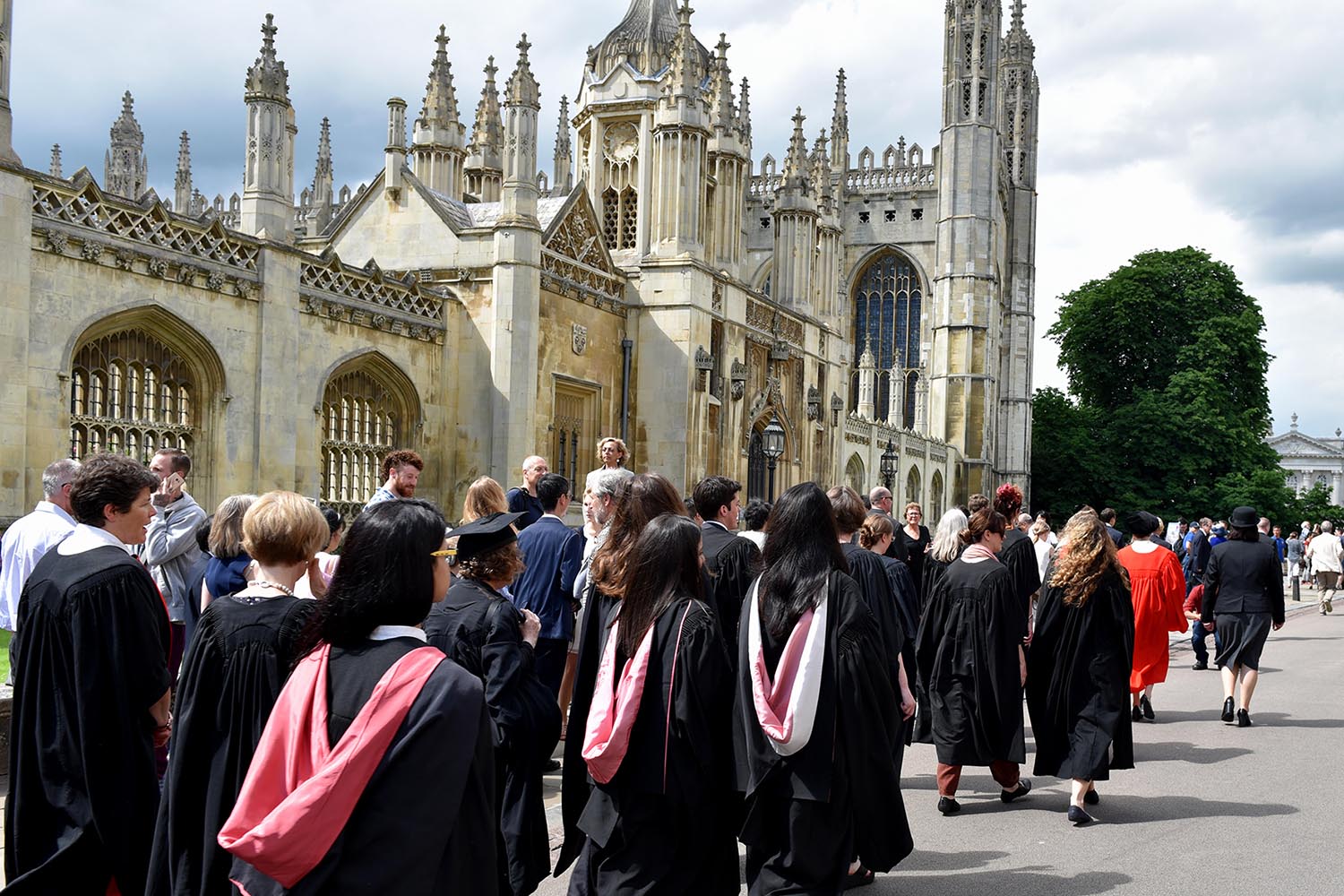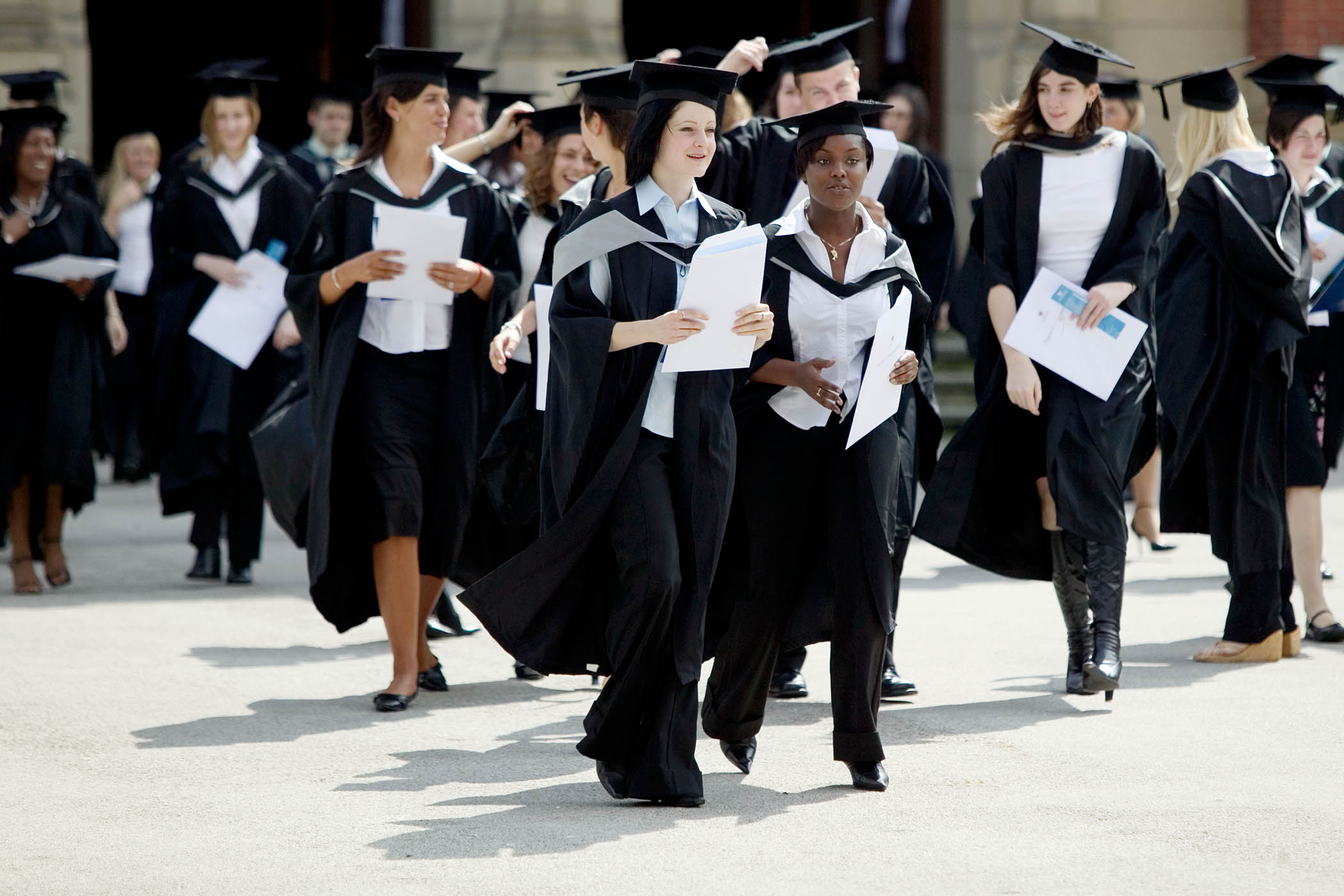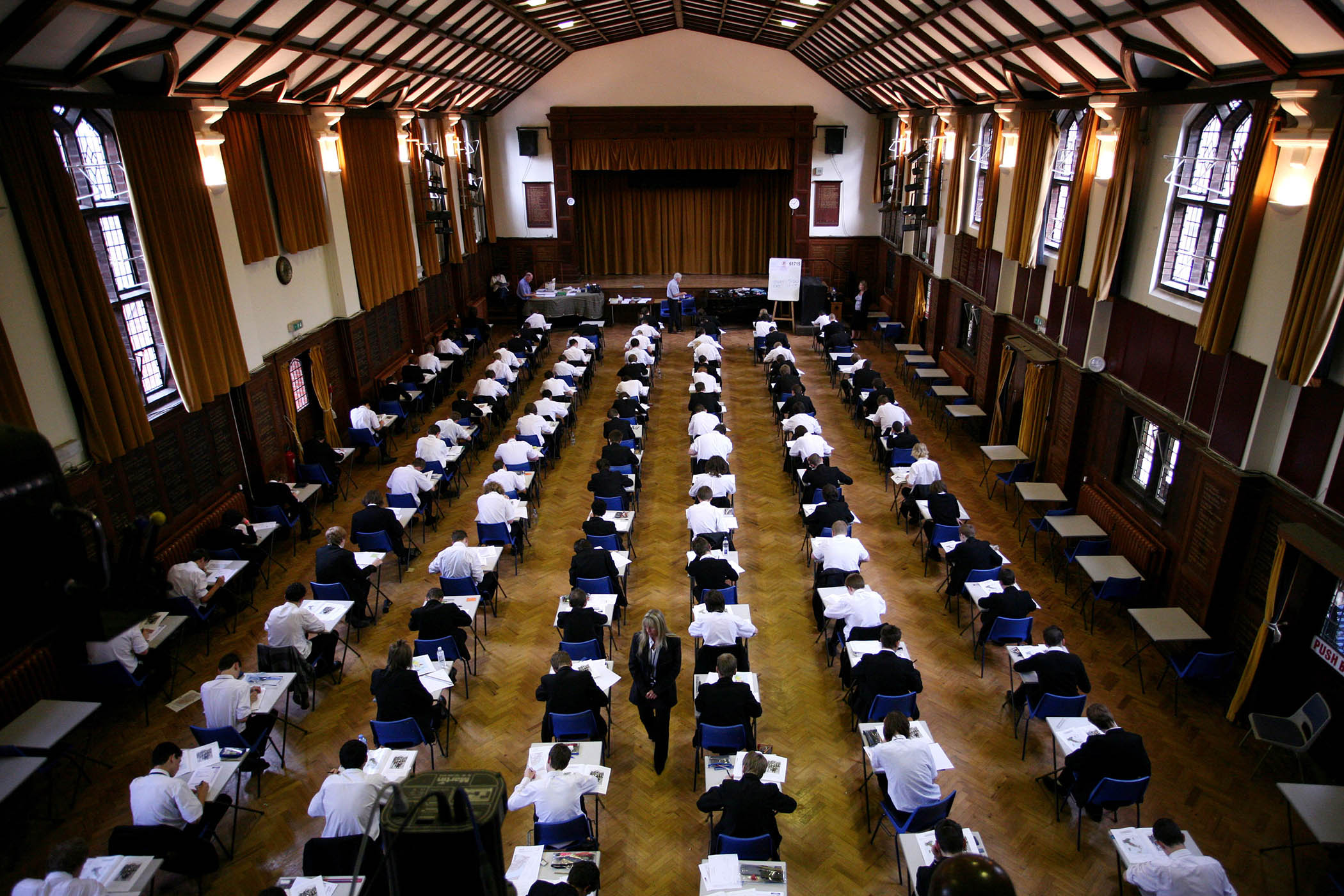The free exchange of ideas is at the core of what universities are about. These are the places where knowledge is explored, discoveries made and issues debated. That process of debate is crucial: ideas and facts have to be tested and discussed if progress is ever to be made. It’s why freedom of thought and expression are so important, in society at large but especially in universities. And it’s why I have always advised students against “cancelling” or “deplatforming” speakers with whom they disagree. Protest peacefully, by all means, but go along and argue and express your disagreement – that’s the way in which truth emerges.
One of our older alumni wrote to me the other day to say he had gone along when he was a student in the 1930s to a meeting to hear Oswald Mosley speak. He said Mosley was eloquent and forceful, but also that the meeting opened his eyes to the true nature and danger of fascism.
It’s why I’m delighted that since she arrived at Cambridge as our vice-chancellor, Professor Deborah Prentice has placed such emphasis on the free interplay of speech and ideas. She has introduced a series of vice-chancellor’s dialogues as a forum for modelling constructive disagreement and encouraging engagement with different opinions. The discussions involve the widest range of viewpoints and so far, there have been three events, focused on assisted dying, the health of democracy and free speech itself. Legislation requiring universities to have freedom of speech codes of conduct comes into force on 1 August; but it shouldn’t require legislation. The principles are the important thing.
Universities are not only places where learning and research are the goals. They are also where students make the most important discovery they will ever make – about themselves, about who they are and what their values are. Hand in hand with freedom of speech goes, of course, the need for academic freedom. Ensuring that universities, and the professors and educators who form the institutions, are free from interference of any kind – from governments, funders or anyone else – in deciding what and how students are taught, and how the brightest students are attracted and admitted, is crucial. It’s why we are all watching with concern what is happening to universities across the Atlantic. Academic freedom is under threat, and there is a serious danger that universities will end up being dictated to rather than making their own decisions. We must resist any such attempts to interfere with academic decisions here in the UK.
I always advise students against cancelling or deplatforming speakers
I always advise students against cancelling or deplatforming speakers
Already we are seeing American academics looking elsewhere around the world for safer havens where they can work freely. France has welcomed the first of what it is calling “academic refugees”, and while we must still work in a way that seeks what is best for our own institutions, we should make clear that UK universities stand ready as a place of safety too. Cambridge is playing its part, with a new international recruitment website – and we plan to do more. And the government is helping via a global talent fund. The message, however, needs to be clearer and more welcoming.
Cambridge is one of the great universities of the world, the space where the foremost issues of our time will be researched and – potentially – resolved. Whether it’s finding answers to the inexorability of climate change, ensuring that AI operates for humanity’s benefit or preventing the deterioration of democracy, it’s here that these issues will be tackled.
It’s why the government should realise that Cambridge, and all other universities, are not just educational institutions but potential engines of economic growth. This is both a competitive advantage and a core value of the UK. Cambridge is already partnering with government to develop an Innovation Hub where researchers, entrepreneurs and funders can collaborate. Let’s make a bargain that we will continue to provide the innovation that leads to economic benefit, while government addresses some of the funding challenges that face universities across the land.
There aren’t many things that Britain does that genuinely beat the world but our great universities are among them. Cambridge, for example, has been home to 125 Nobel laureates. This is a genuine centre of excellence and we must sustain that standing into the future. Free expression is part of the driving force for that excellence, and it is vital that all of us in positions of leadership maintain that approach. I certainly intend to do so.
Lord Smith of Finsbury is a former culture secretary and the newly elected chancellor of Cambridge
Photograph by Hazy Pics/Alamy
Newsletters
Choose the newsletters you want to receive
View more
For information about how The Observer protects your data, read our Privacy Policy


